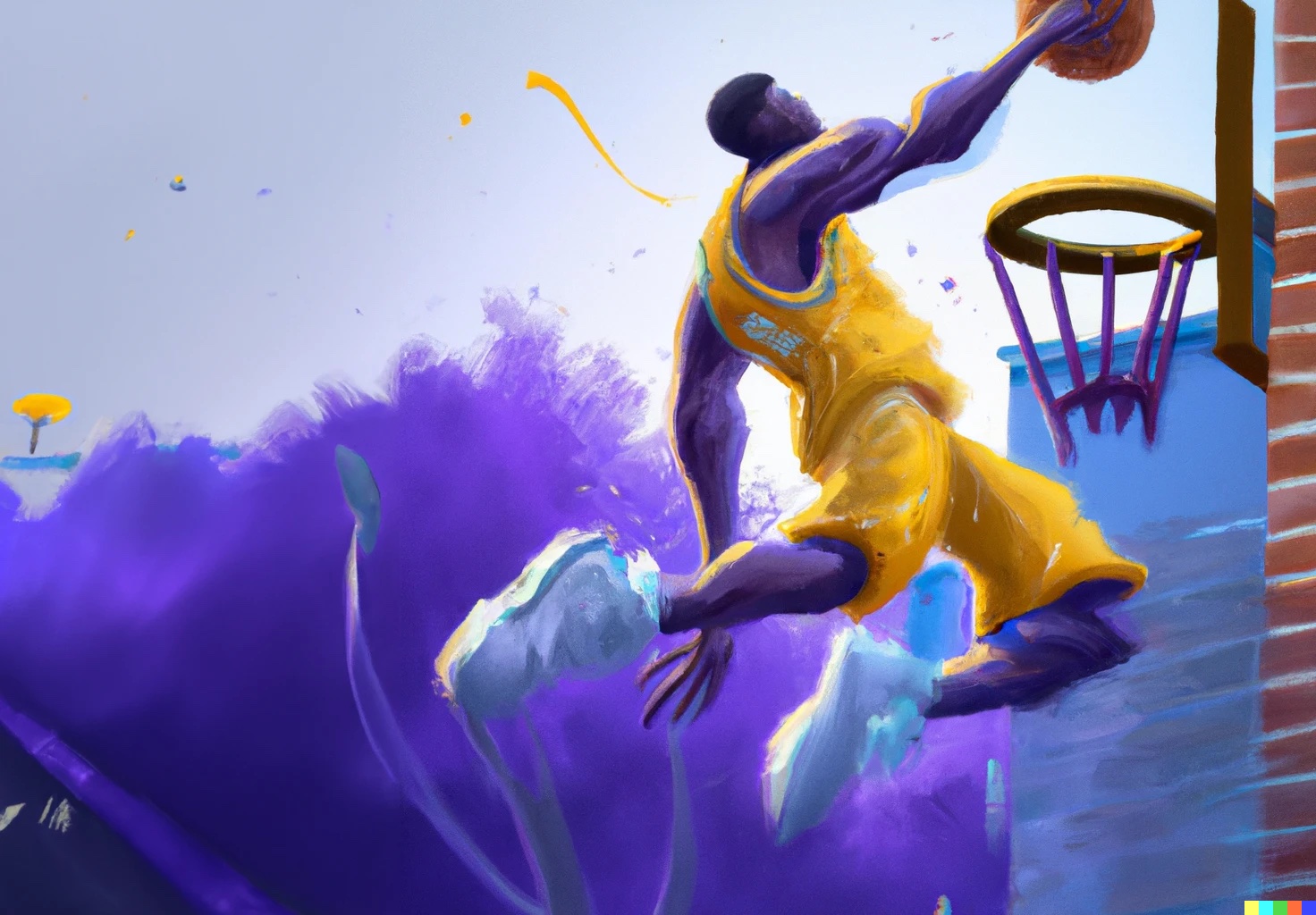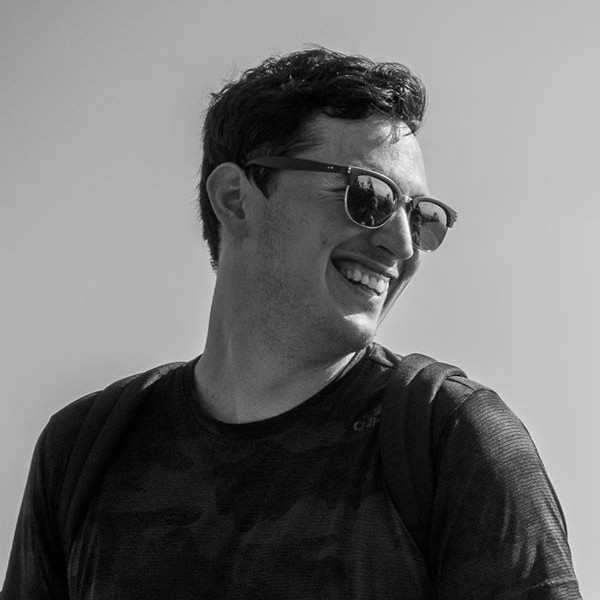The thing about talent
Kobe Bryant was undeniably one of the best basketball players who ever lived.

During his 20-year career with the Los Angeles Lakers, he won five NBA championships, two Olympic gold medals, four NBA All-Star Game MVP awards, and he was a two-time NBA scoring champion, and the overall league MVP in 2008.
Conventional wisdom would tell us that Kobe Bryant was an exceptionally talented man.
And he was. At 198 cm and 96 kg, with long, graceful limbs and lightning-quick movements, he was well suited to the world of basketball. He also came from a family of professionals, his father, Joe Bryant and uncle, John “Chubby” Cox being former NBA players. You could definitely say that Kobe had genetics and upbringing on his side.
And still, I would argue that what truly made Kobe Bryant a legend was not his talent or circumstances but his approach to practice.
In 2016, shortly after retiring from the NBA, he gave a long interview at a TEDx event in Shanghai. When the interviewer asked him why he insisted on starting his days at 4 am, he gave the following answer:
Ok, so your job is to try to be the best basketball player you can be, right? To do that, you have to practice, you have to train, right? You want to train as much as you can, as often as you can.
So if you get up at 10 in the morning, train at 11, right, 12—say 12. Train at 12, train for two hours, 12 to 2. You have to let your body recover, so you eat, recover, whatever. You get back out, you start training again at 6. You train from 6 to 8, right? And now you go home, you shower, you eat dinner, you go to bed, you wake up, do it again. Right?
Those are two sessions.
Now imagine that you wake up at 3, you train at 4. You go 4 to 6, come home, breakfast, relax, so-so. Now you back at it again, 9 to 11, right? Relax. And now it’s on—you’re back at it again, 2 to 4, and now you’re back at it again, 7 to 9. Look how much more training I have done by simply starting at 4, right?
And, so now you do that, and as the years go on, the separation that you have with your competitors and your peers just grows larger and larger and larger and larger and larger, and by year five or six, it doesn’t matter what kind of work they’re doing at summer, they’re never going to catch up, because they’re five years behind.
So it makes sense to get up and start your day early, because you can get more work in.
The routine is extreme, sure, but did you catch his first paragraph, the fundamental idea he built a career on? To be the best basketball player you can be, you have to practice, you have to train. As much as you can, as often as you can.
Talent is nice but practice is the key, and no amount of talent will close the gap you can create with practice.
I think knowing what Kobe knew is one of the greatest unlocks in the world, but most people can’t access it because they have it completely backwards. They think that talent determines success and that you can’t really practice your way into a skill. Sure, you could be a hobbyist, but true achievement requires talent.
Fetishizing talent this way holds us back. It creates unrealistic expectations, where we are afraid to start new things, because we don’t have the “right” to do so.
Sorry, I can’t go dancing with you; I have no rhythm.
Yeah, I thought about trying programming, but I’m not really mathematically minded.
Those pictures are nice! Wish I would be talented enough to take photos such as those.
Yeah, I’m not really a creative person…
Familiar sentences? They are to me. I told myself those kind of sentences for a long time, and maybe you do too, limiting ourselves in the process.
But how would a world look like according to Kobe? How would you approach acquiring skills if talent is largely inconsequential and practice is almost everything?
I think you would do three things: 1) you would try new skills you fancy with glee; 2) practice as much as you can, as often as you can; and 3) you wouldn’t be afraid to look bad, especially in the beginning.
You would understand that your first attempt at anything probably won’t be amazing and that that’s okay. You would try stuff you are not supposed to be good at because with enough practice, you know, you could get pretty good at anything.
You wouldn’t pressure yourself to be original and groundbreaking as a beginner and would happily look to others for inspiration. You would know that on the road to mastery, you first follow the rules, then break the rules, then transcend the rules and that you cannot and should not skip steps.
You would aspire to reach the level of others for motivation but only compare yourself to your own previous work for sanity. You would worry less about outcomes and concentrate more on the process.
And one day, having done all that for long enough, you would wake up to other people calling you talented. And on that day you could say:
Yeah, sure. Maybe. I don’t know. But I do know that I practice an awful lot.
Anyway, Kobe’s world sounds nice, right? Well, the good news is:
You can go live in it, if you want.
